Exceptional! Live discussion at the European Parliament with a scientist direct from Concordia Base
A unique event took place yesterday at the European Parliament (EP). It was a live web call with senior climatologist Dr Jérôme Chappellaz who is currently at the Franco-Italian Concordia Base in Antarctica, with EP Vice-President Heidi Hautala moderating in Brussels. I happily jumped at the opportunity, which was kindly offered to Commission officials as well.

It was a major technical and technological achievement. To ensure the best possible quality of communication, internet, whatsApp, and everything that could possibly interfere with our discussion had to be stopped all over the Base. As a result, we could hear and see each other clearly, and it all went smoothly right to the end. But it was above all a major human achievement. While we were comfortably seated in a warm conference room at the Parliament, Dr Chappellaz and Gianpietro Venturi, the Chief Manager of Concordia, stood outside the Concordia building in a temperature of -30°C with a wind chill that made it feel like -45°C, for a full hour.
However, this hour was well filled with a lively dialogue, which was organised by EP colleagues responsible for the internal Environmental Management System (EMAS) and moderated by VP Hautala. Many questions arose, about climate change in particular.
Dr Chappellaz deals with the EU funded Project Subglacior supported by “Beyond Epica“. The aim is to explore the Antarctic icecap at a spectacular depth: 3 kilometers beneath the surface. This will be done with a revolutionary laser drilling technique. Why is it important? Because the deeper you drill, the more ancient the ice is. An ice core is like a book, in which you can read the evolution of the climate through the ages, as far back as 1.5 million years ago. The project is seeking to understand the role of CO2 in the periods of warming and cooling of the Earth’s atmosphere over this immense time, long before any human activity existed. Extending this long story to today’s CO2 emissions would provide a better understanding of the situation regarding global warming. The laser drilling technique is still being tested, with the difficulties inherent to the extreme weather conditions. Let’s hope it will work!
Pr Chappellaz highlighted the threat of sea level rise due to melting ice in Antarctica. He fears a kind of “runaway warming”. He said we are entering into unknown territories, and the sooner we act, on the basis of solid scientific facts, the better. This is a call for all of us, as we are collectively and individually responsible for what is happening to Earth, from Europe to Antarctica.

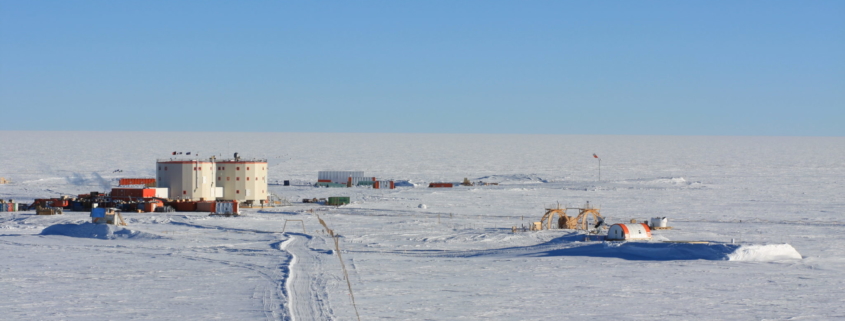
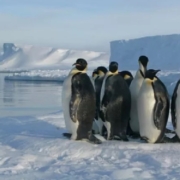 Emperor penguins photographed here on the Brunt ice sh (Image: © The British Antarctic Survey)
Emperor penguins photographed here on the Brunt ice sh (Image: © The British Antarctic Survey) 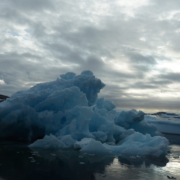
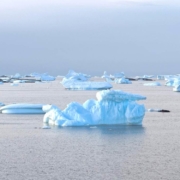
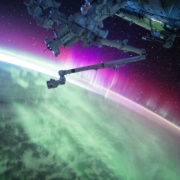
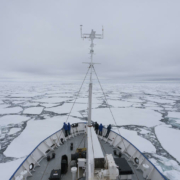 Photo prise le 20 janvier 2016 dans la mer de Ross, bordant l’Antarctique. PHOTO / Samuel Blanc / Biosphoto / via AFP
Photo prise le 20 janvier 2016 dans la mer de Ross, bordant l’Antarctique. PHOTO / Samuel Blanc / Biosphoto / via AFP 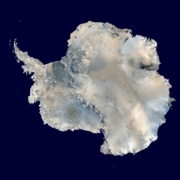
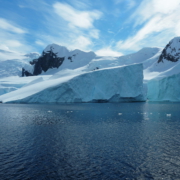
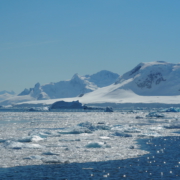


Leave a Reply
Want to join the discussion?Feel free to contribute!